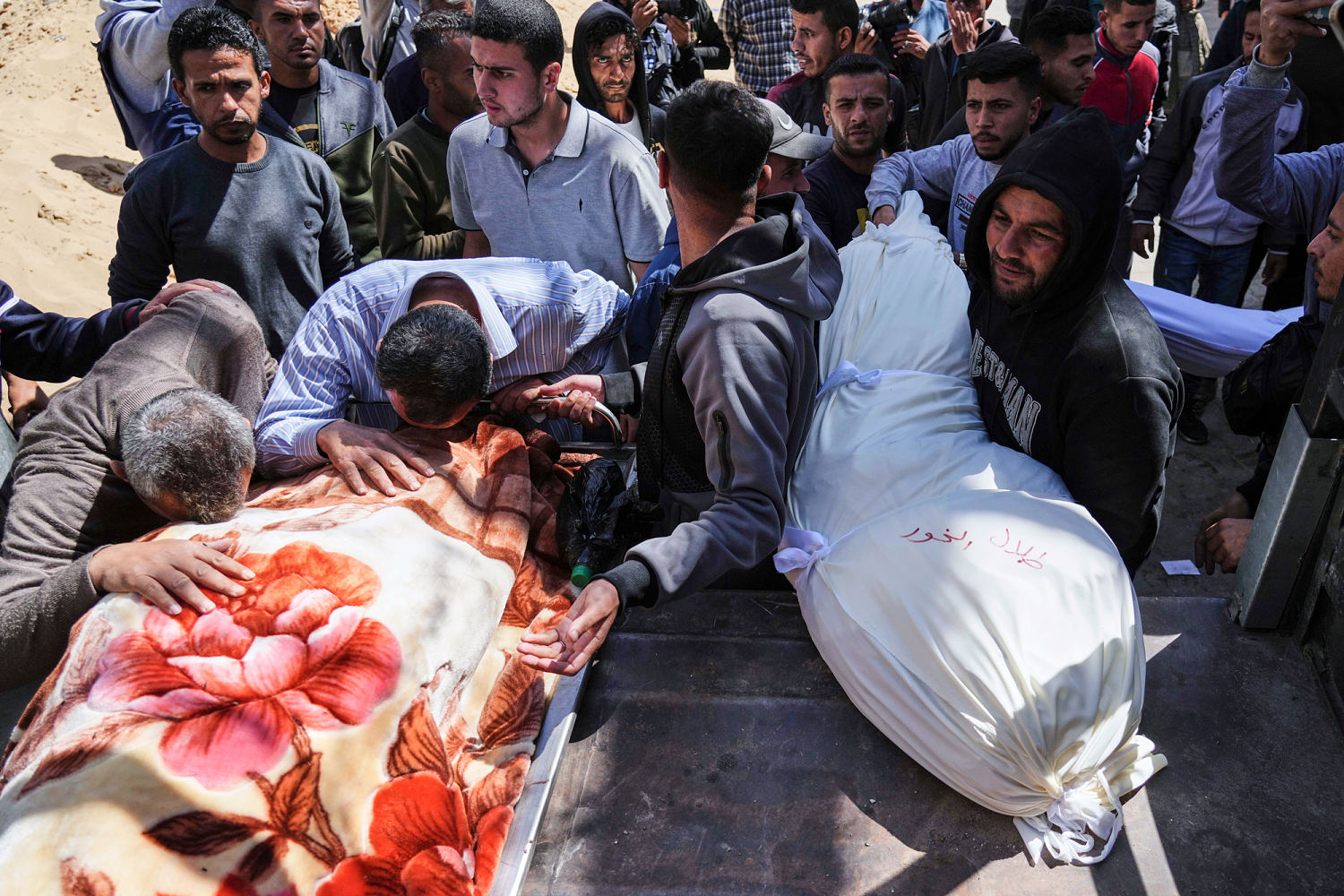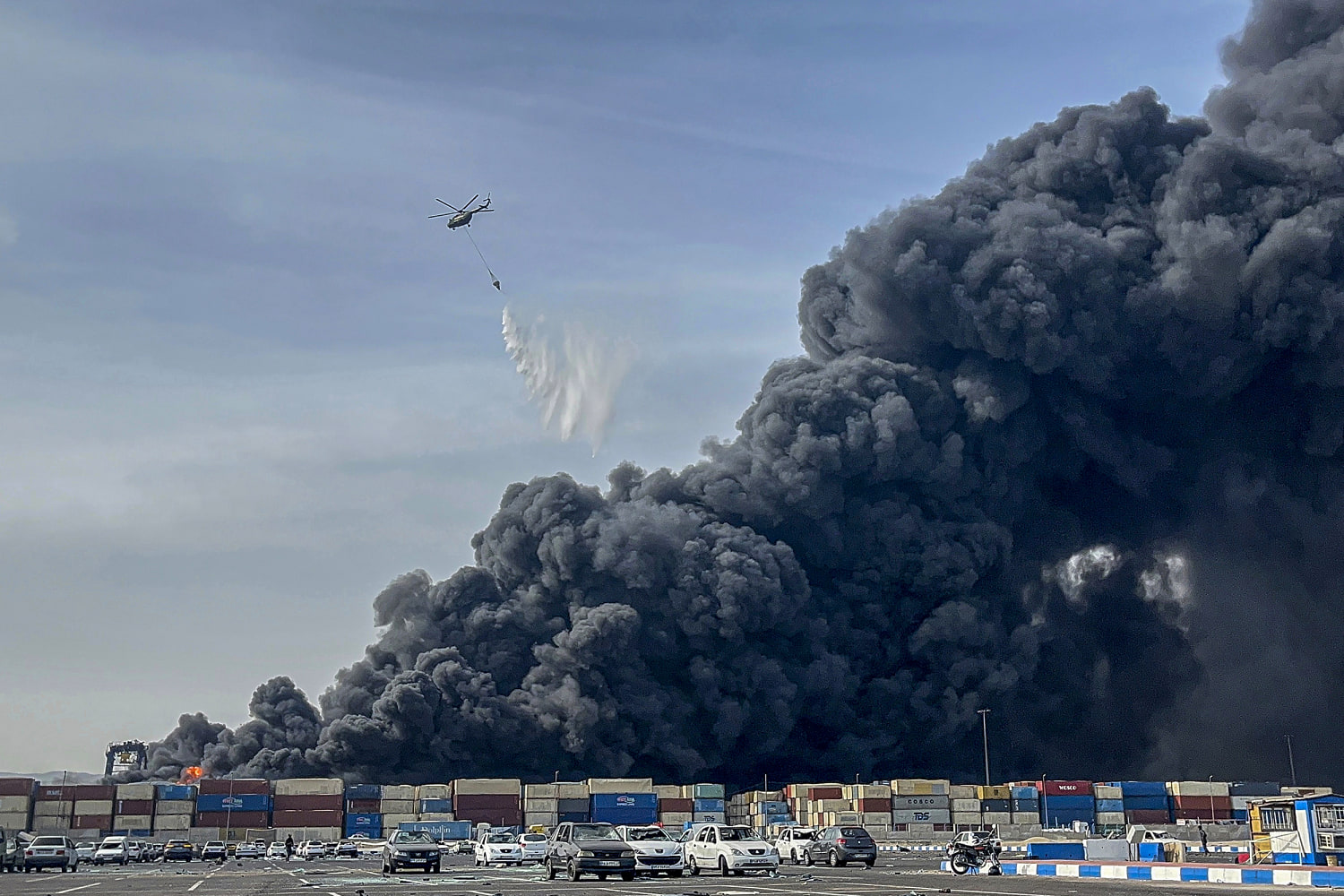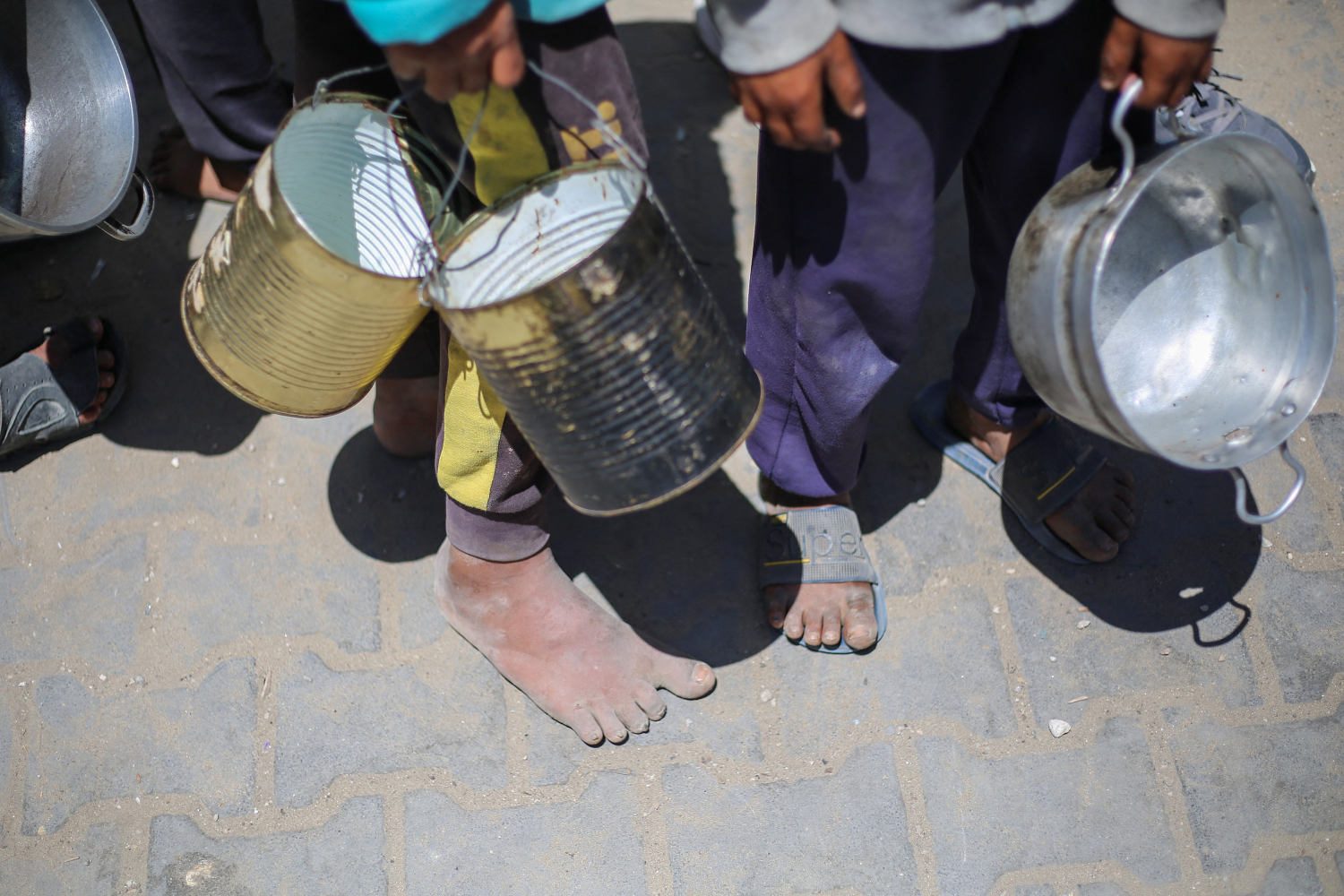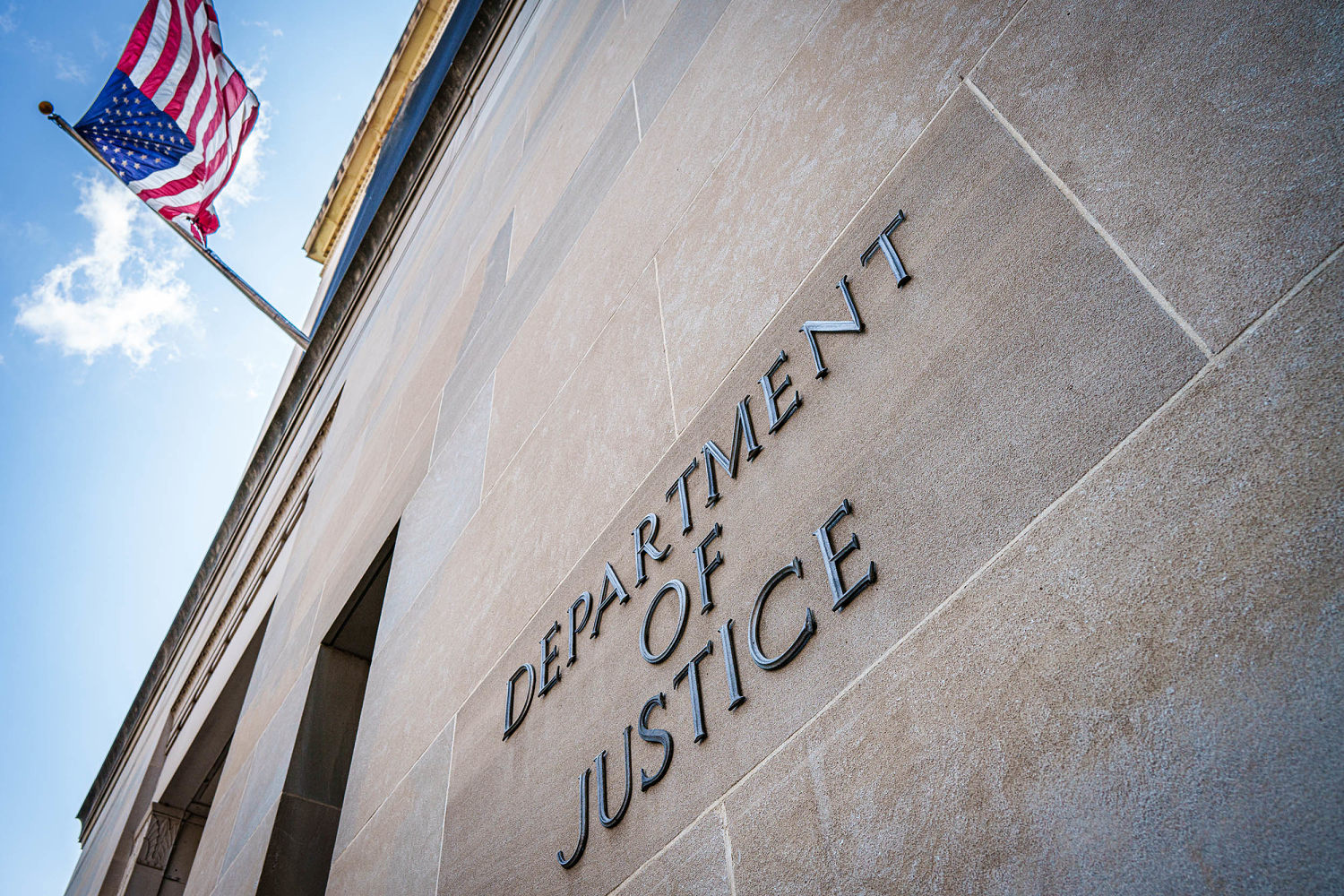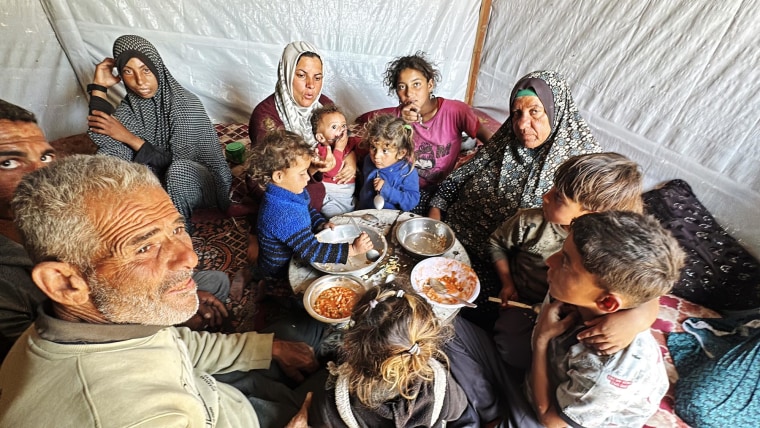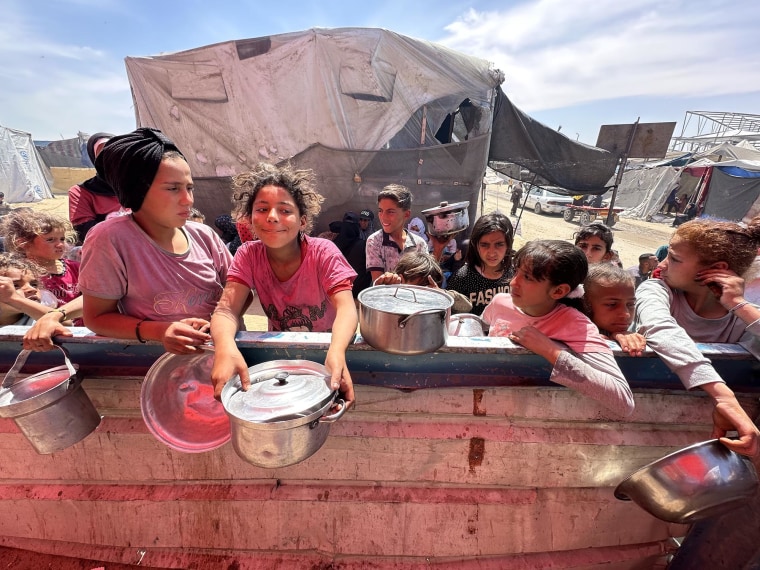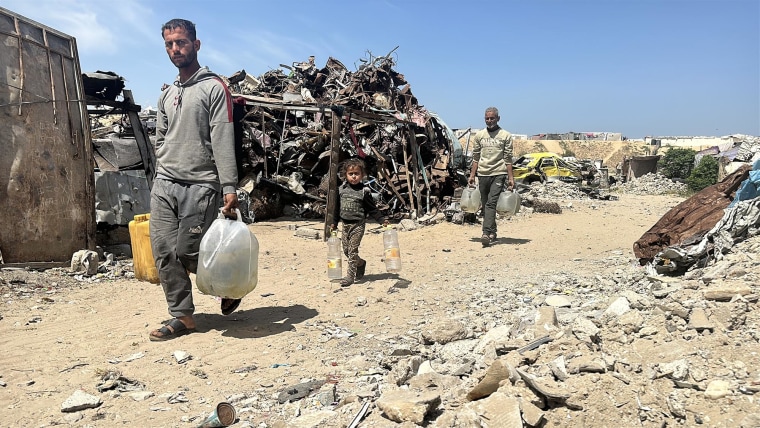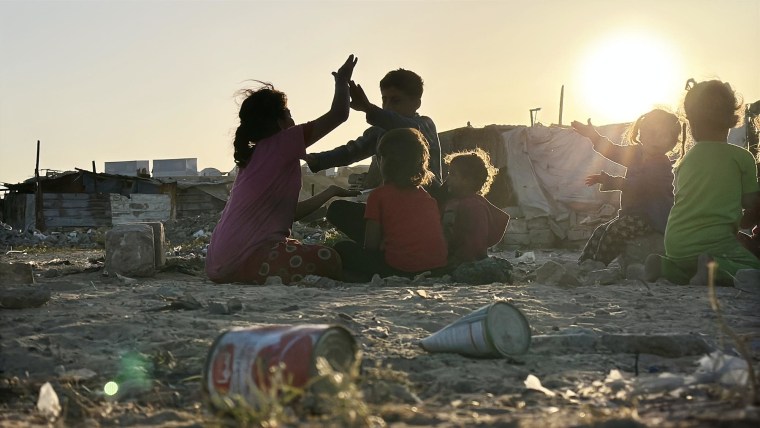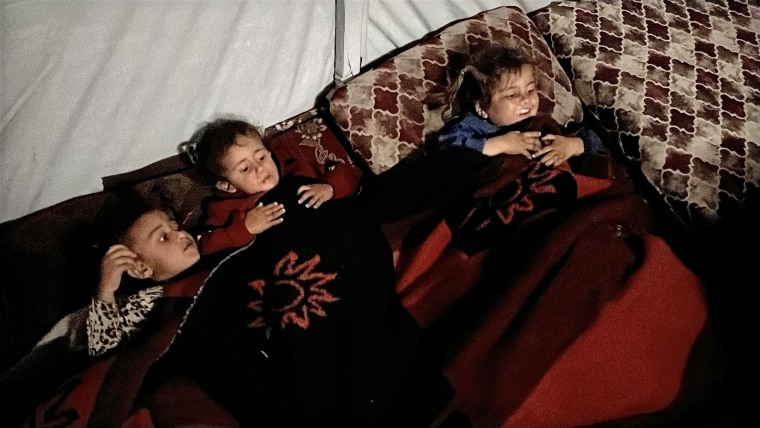
The deadline for U.S. travelers to get a Real ID is fast approaching — and those who don’t have one may not be able to board flights within the U.S.
The Real ID card is an optional, upgraded driver’s license or state identification card that is issued by a state driver’s licensing agency and marked with a star.
The good news: There are other forms of identification U.S. travelers can use — such as a valid U.S. passport, passport card, permanent resident card, or certain Department of Homeland Security trusted traveler cards — if they can’t get a Real ID by the deadline, May 7.
“There are workarounds people can use,” said John Breyault, a travel expert at the National Consumers League, a consumer advocacy group. “Most people already have the ability to travel, whether they have a Real ID or not.”
About 19% of travelers don’t yet have a Real ID-compliant type of identification, according to Transportation Security Administration data as of Thursday.
Passengers who arrive at the airport without an acceptable form of ID “can expect to face delays, additional screening and the possibility of not being permitted into the security checkpoint,” according to the TSA.
Even passengers who have a Real ID card or other acceptable ID should aim to be at the airport at least 1½ hours ahead of their flight, due to likely delays in airport security lines as enforcement gets underway, Breyault said.
What is the Real ID law?
Congress passed the Real ID Act in 2005. The law set minimum security standards for state-issued driver’s licenses and ID cards.
The federal government will require Americans who access federal facilities to have a Real ID starting May 7. That includes travelers who go through TSA airport security checkpoints and board commercial airplanes, even for domestic flights.
The rule applies to all airline passengers 18 years and older, including TSA PreCheck members.
How to get around the Real ID rule
Travelers can skirt the requirement to present a Real ID card if they have other types of approved identification.
Experts said the most common among them are: a passport or passport card; a Global Entry card; an enhanced driver’s license issued by Washington state, Michigan, Minnesota, New York or Vermont; or a permanent resident card, also known as a green card.
Here’s a list of all acceptable alternatives, according to the TSA:
State-issued enhanced driver’s license
U.S. passport
U.S. passport card
Department of Homeland Security-issued trusted traveler cards (Global Entry, NEXUS, SENTRI, FAST)
U.S. Department of Defense ID, including IDs issued to dependents
Permanent resident card
Border crossing card
An acceptable photo ID issued by a federally recognized Tribal Nation/Indian Tribe, including Enhanced Tribal Cards (ETCs).
HSPD-12 PIV card
Foreign government-issued passport
Canadian provincial driver’s license or Indian and Northern Affairs Canada card
Transportation worker identification credential
U.S. Citizenship and Immigration Services Employment Authorization Card (I-766)
U.S. Merchant Mariner Credential
Veteran Health Identification Card (VHIC)
‘Get that Real ID’
It may be somewhat riskier to travel with an alternative document such as a passport for domestic flights, said Sally French, a travel expert at NerdWallet.
“A passport is much more complicated to replace than a driver’s license, and it’s more expensive,” French said. “Get that Real ID.”
A traditional passport book costs $130 to renew. Real ID fees vary by state but are generally less costly, experts said. They typically aren’t more expensive than a standard driver’s license.
For example, in California it costs $45 to renew a standard driver’s license or $39 to renew a regular ID card; in Virginia, there’s a $10 one-time Real ID fee, plus a driver’s license fee, usually $32.
Desperate travelers can also gamble by showing up at the airport without a Real ID-compliant form of identification on May 7 and beyond, and hope airport agents show some mercy, French said.
It’s a “much longer screening” process and isn’t guaranteed, French said. It’s a “Hail Mary,” she said.




